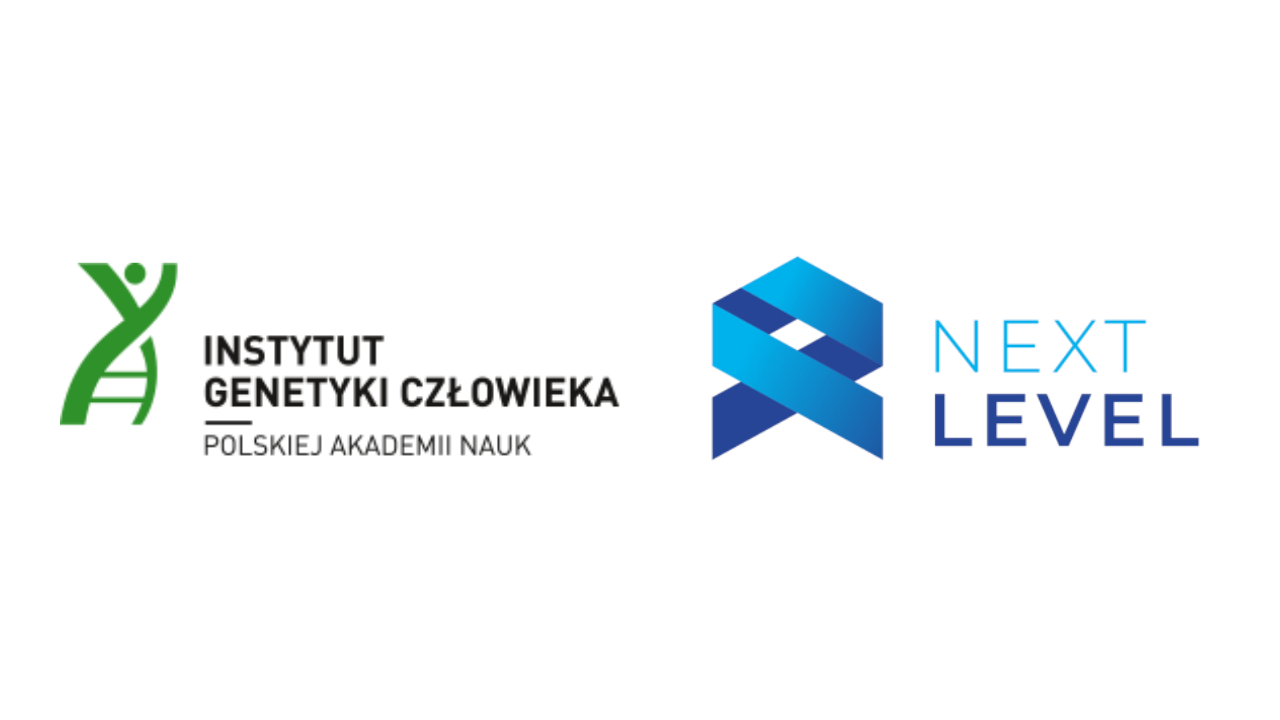PAS researchers will investigate the origins of blood cancers
An international consortium will be established under the leadership of the Institute of Human Genetics of the Polish Academy of Sciences to deal with pioneering research in the field of hemato-oncology. Three leading European institutions, together with the PAS institute will examine the origins of hematologic neoplasms, such as leukemia and lymphomas.

Hematologic malignancies are different types of leukemias and lymphomas. These neoplasms account for 10% of new cancer cases diagnosed in developed countries and more than 40% of all childhood tumors. The latest studies on hematologic neoplasms confirm that the epigenetic component plays an important role in the development of cancer.
Prof. Maciej Giefing, head of the Department of Cancer Genetics at the PAS Institute of Human Genetics, explains: “Most cancers are diseases of the human genome. They are associated with classic genetic phenomena, such as chromosome breaks and translocations, which result in chromosomal abnormalities with oncogenic effects. This is the case with various types of leukemia. However, there are hemato-oncological diseases, such as Hodgkin's lymphoma, in which epigenetic phenomena play a significant role. These diseases can be described as epigenetic diseases to which we are devoting this project”.
Project details
The aforementioned research is part of the international project "On the road to excellence in unravelling the (epi)genetic landscape of hematologic neoplasms - NEXT_LEVEL", launched on January 19. The consortium includes the Institute of Human Genetics of the Polish Academy of Sciences as a project leader, and three leading research centers in Europe: Ghent University (Belgium), University Medical Center Groningen (the Netherlands) and Ulm University (Germany).
Prof. Michał Witt, director of the PAS Institute of Human Genetics in Poznań, says: “The members of the consortium are the top hemato-oncology research centers in Europe. We hope to strengthen cooperation between our institutions and to create a global consortium”.
Main objectives of the NEXT_LEVEL project include: transfer of knowledge and innovation; exchange of good practices; enhance human capacities (especially early stage researchers); creation of the European hemato-oncology working group.
To implement them, a variety of steps will be undertaken such as: open lectures, workshops and seminars, research mobility, networking, participation in scientific conferences, joint publications, dissemination events and information activities.
The project has received founding from the European Union’s Horizon 2020 for research and innovation. Read more about the NEXT_LEVEL project.
Source of information: PAS Institute of Human Genetics
